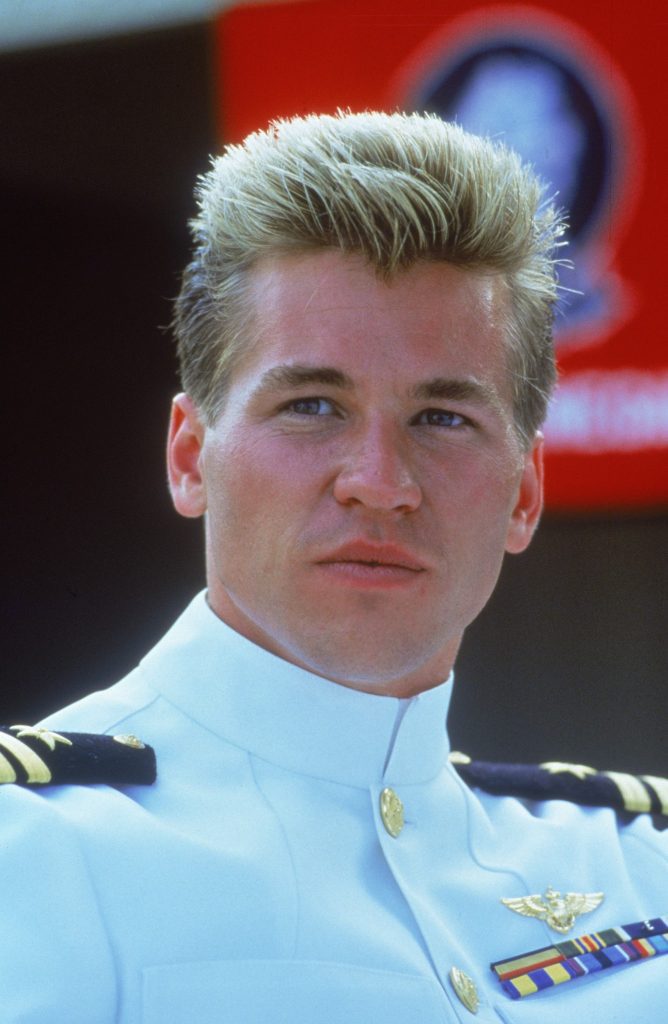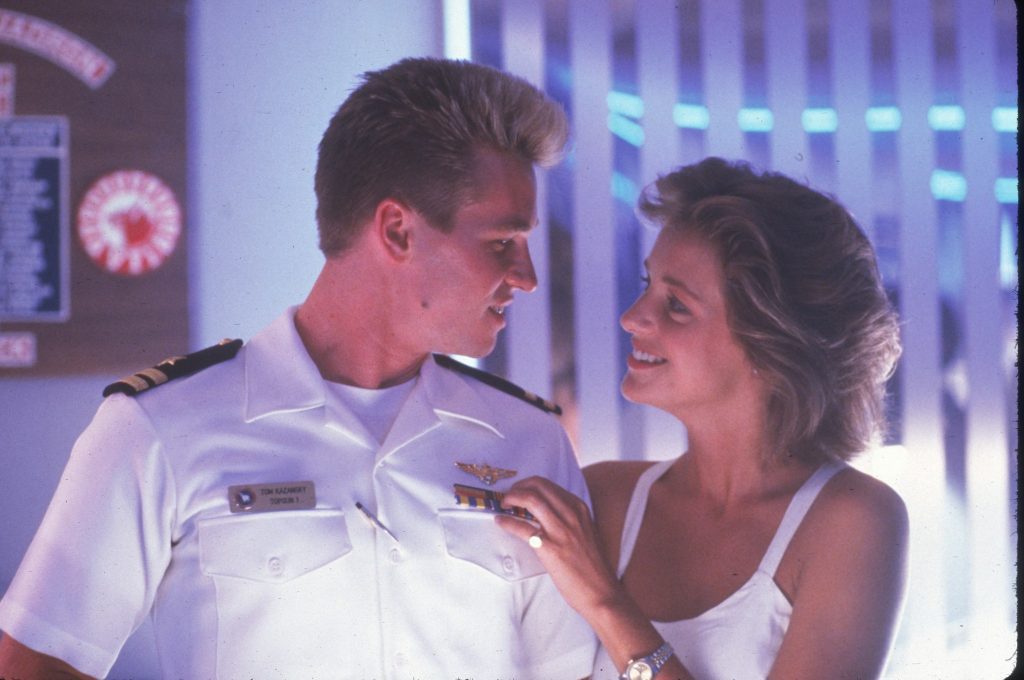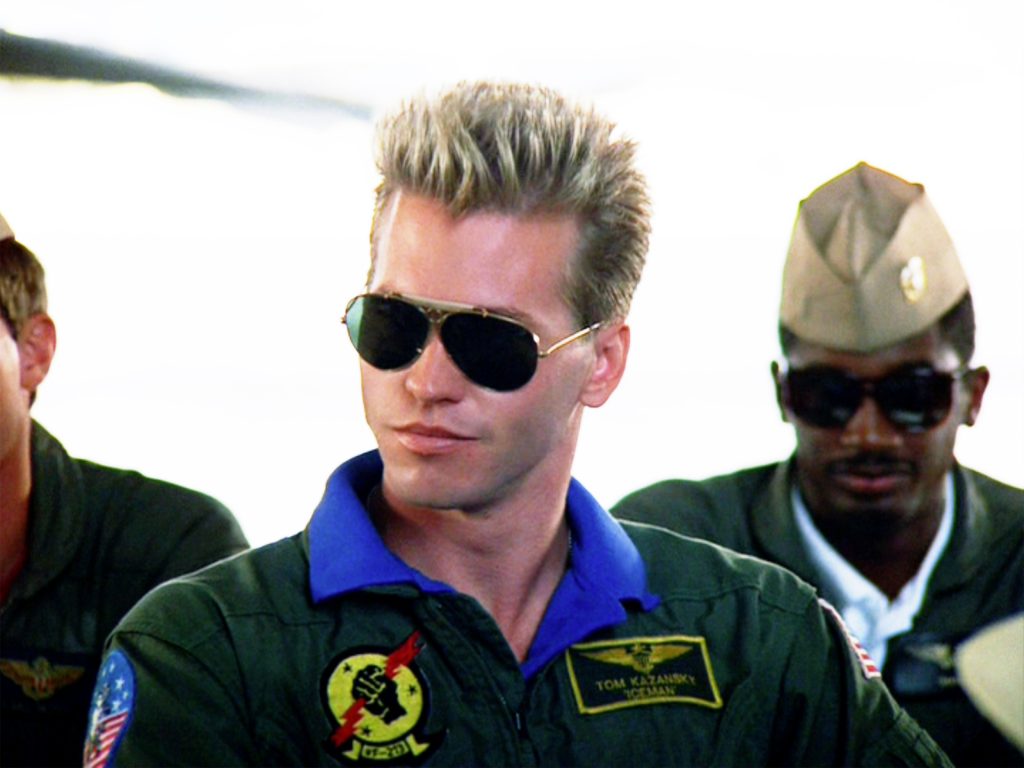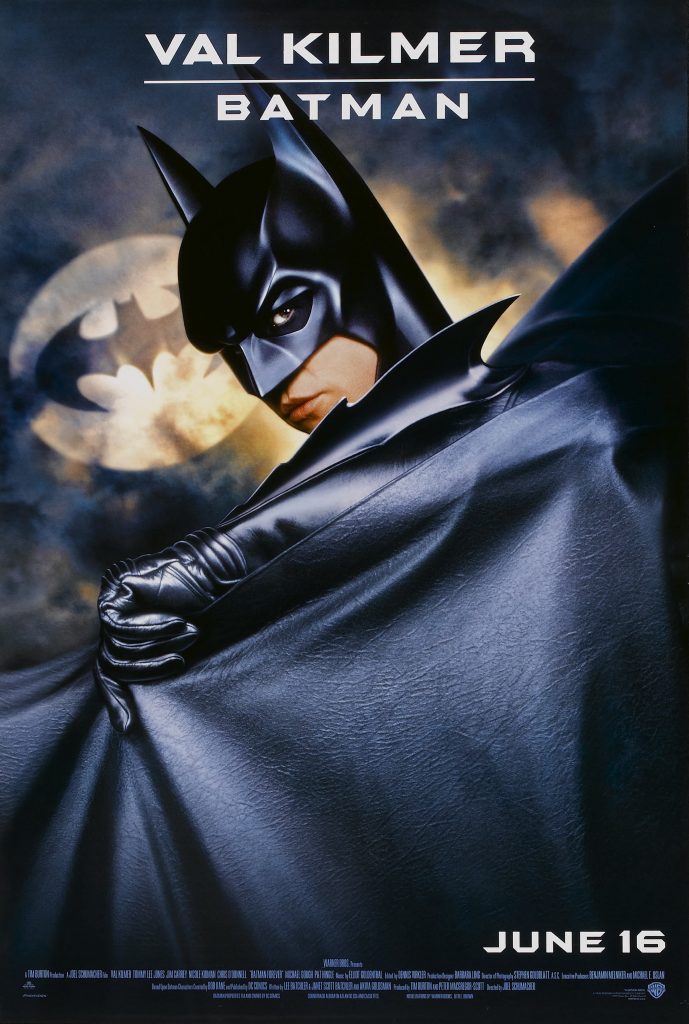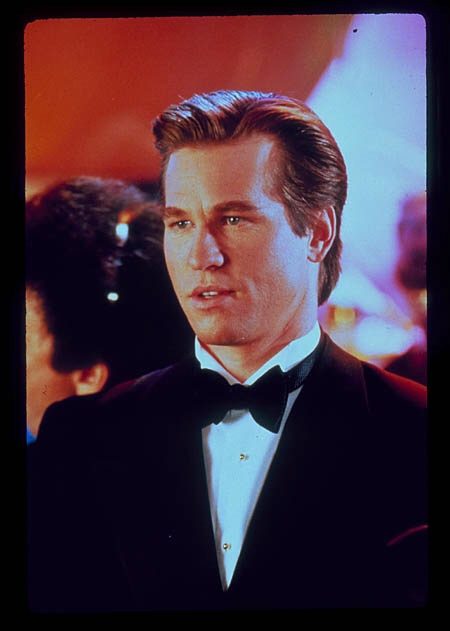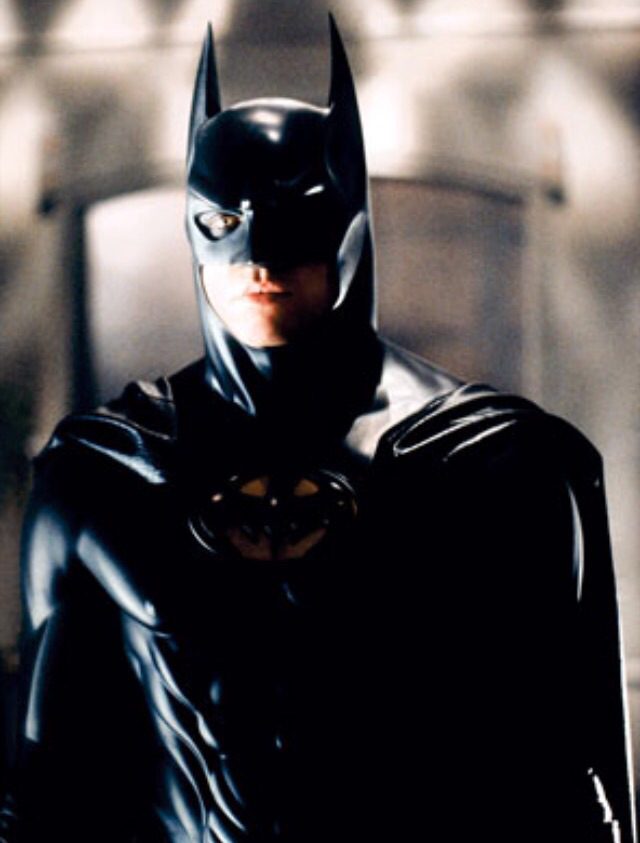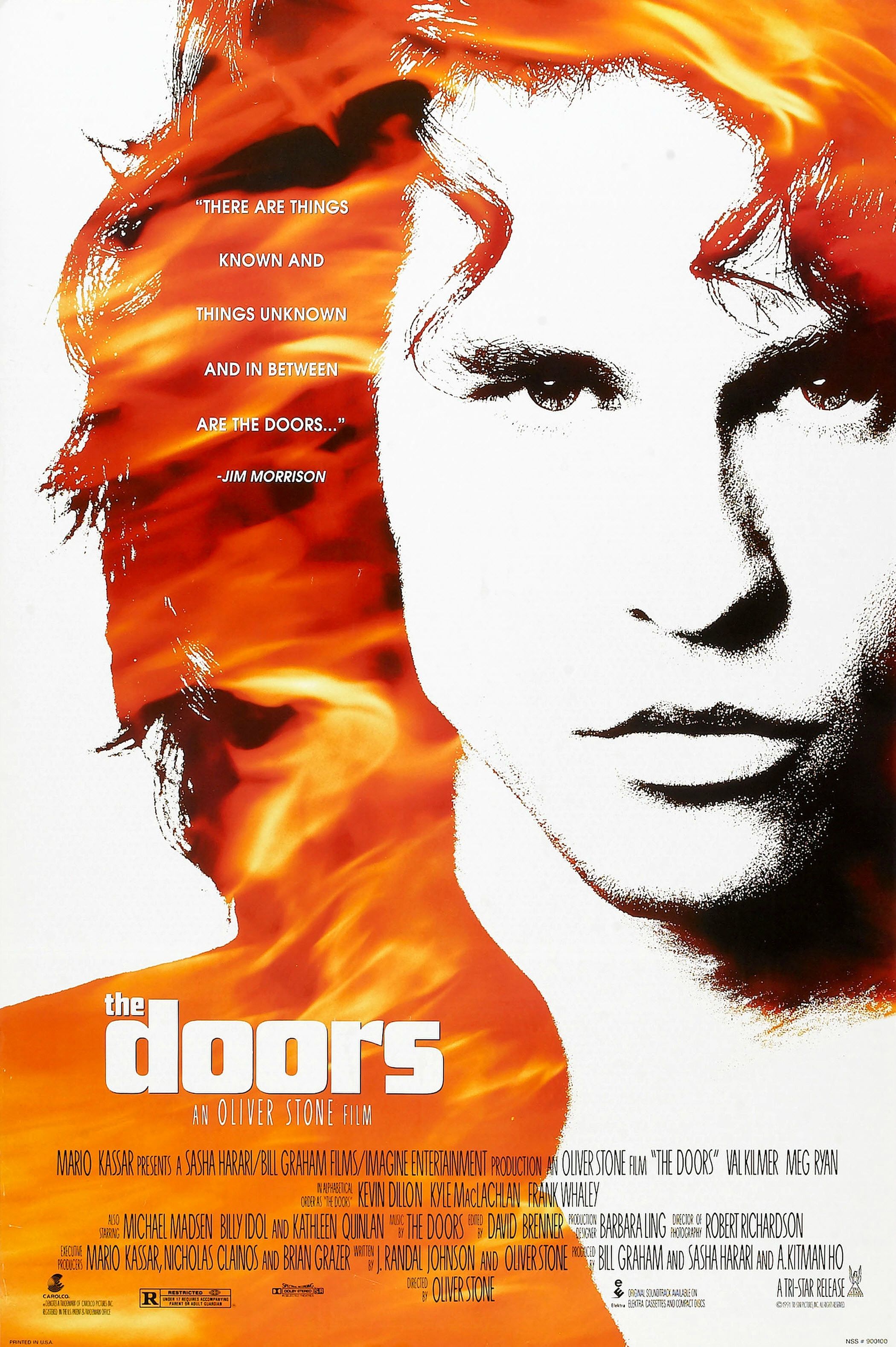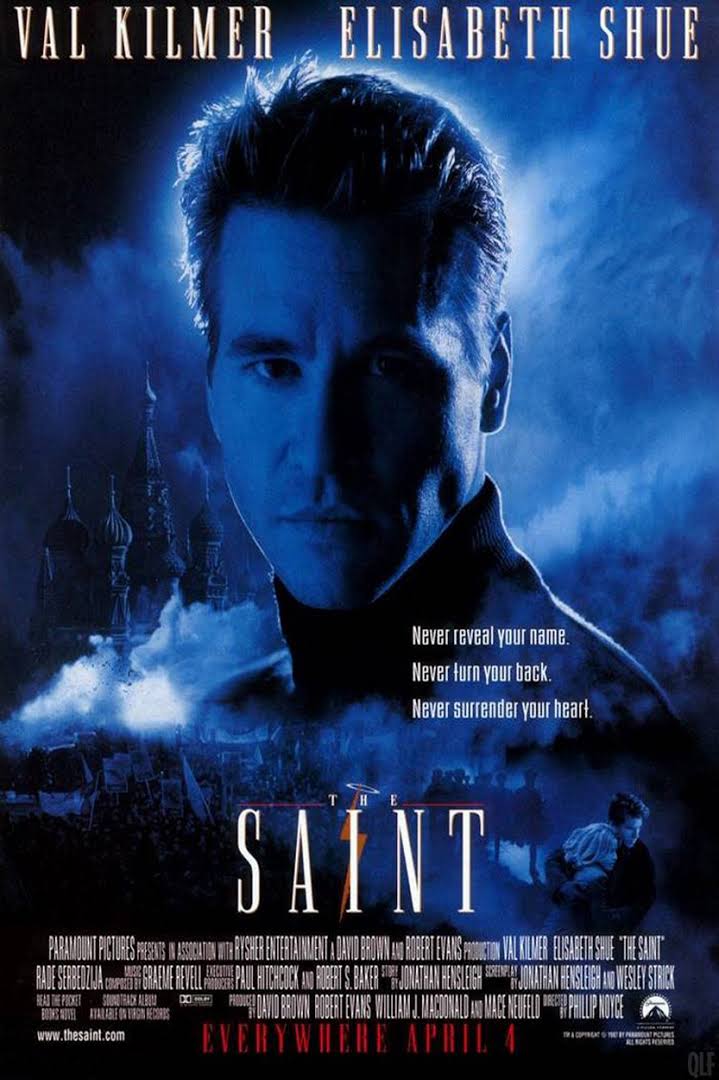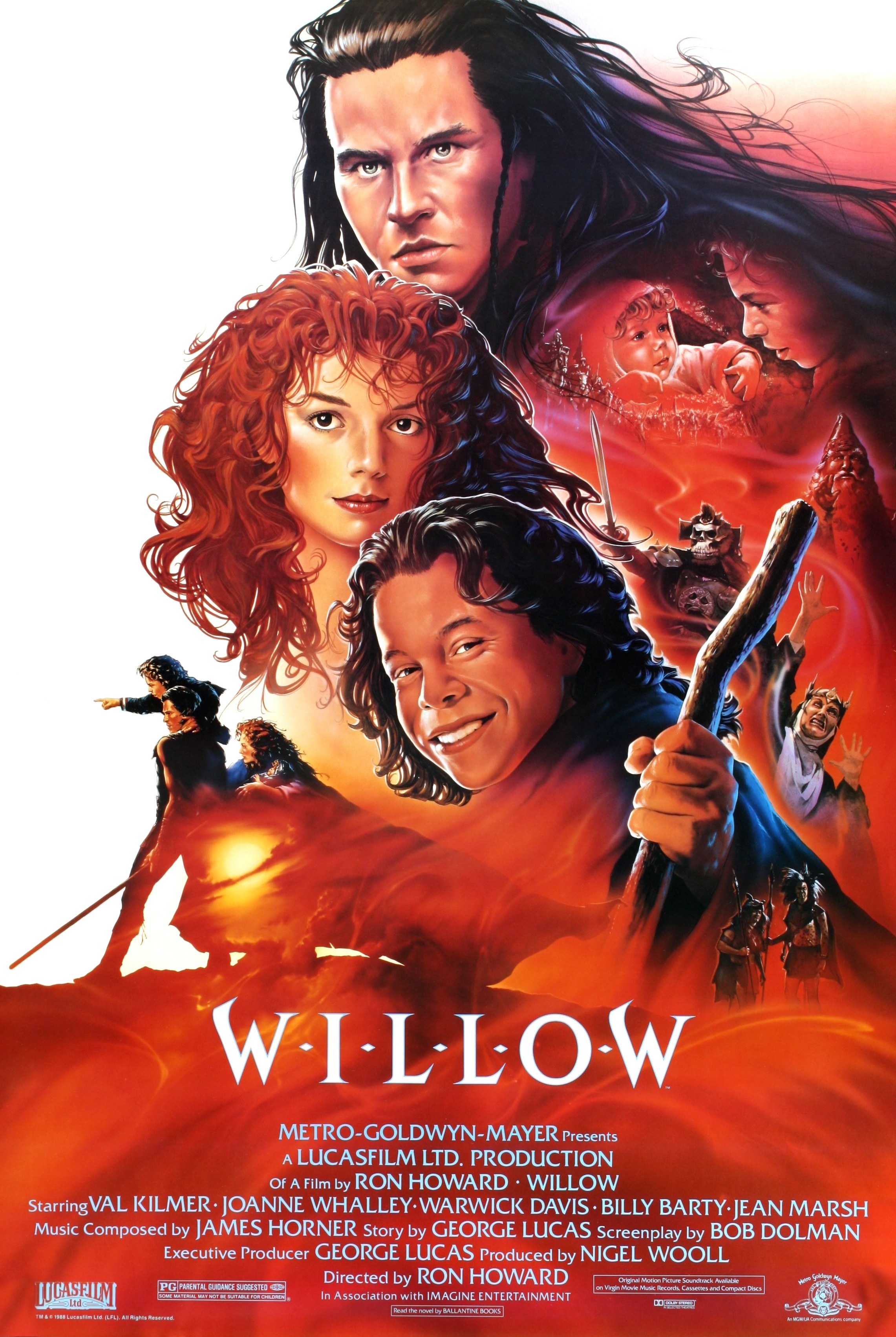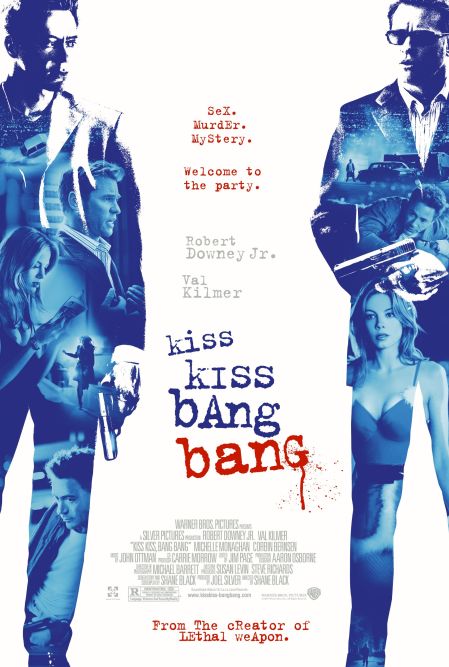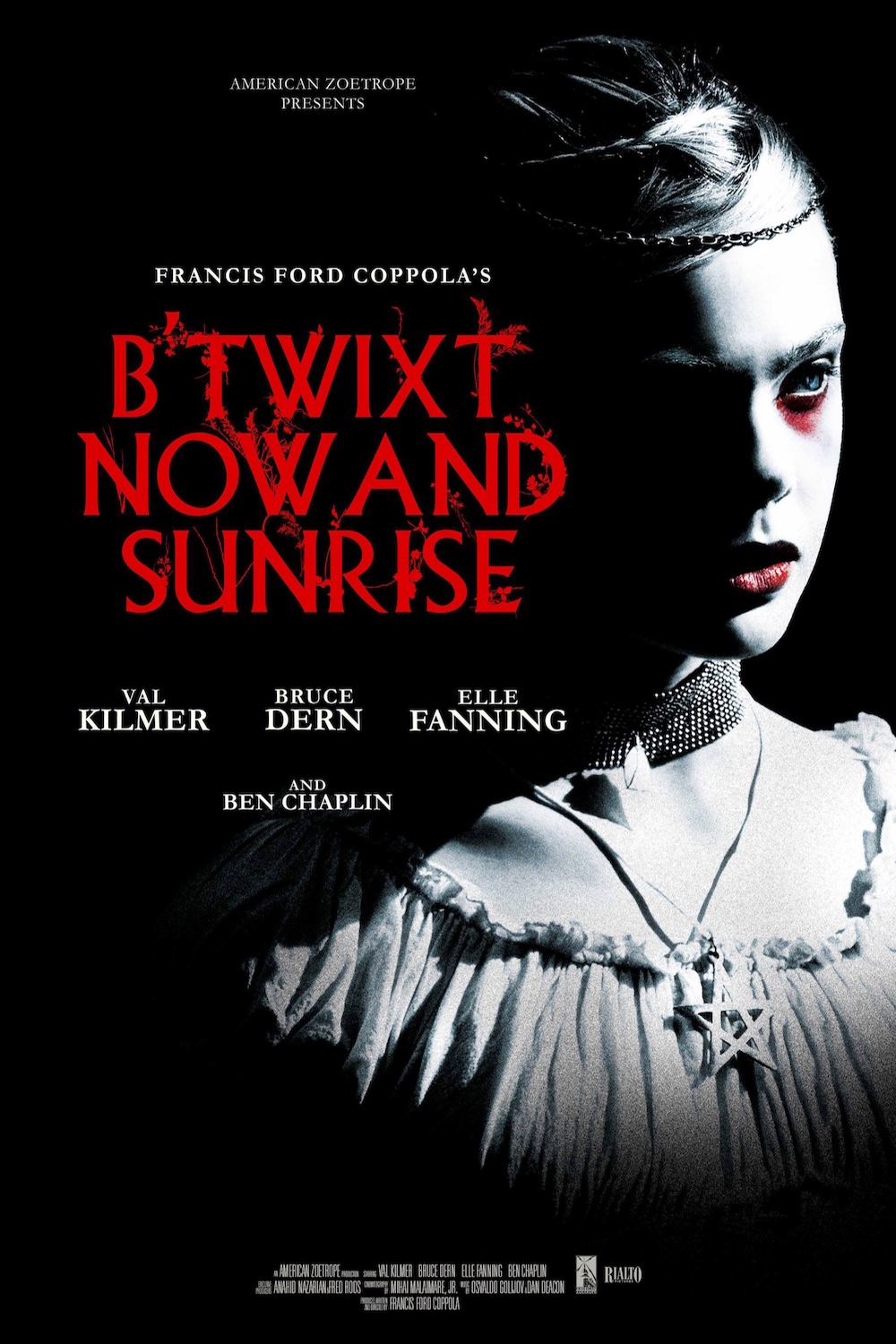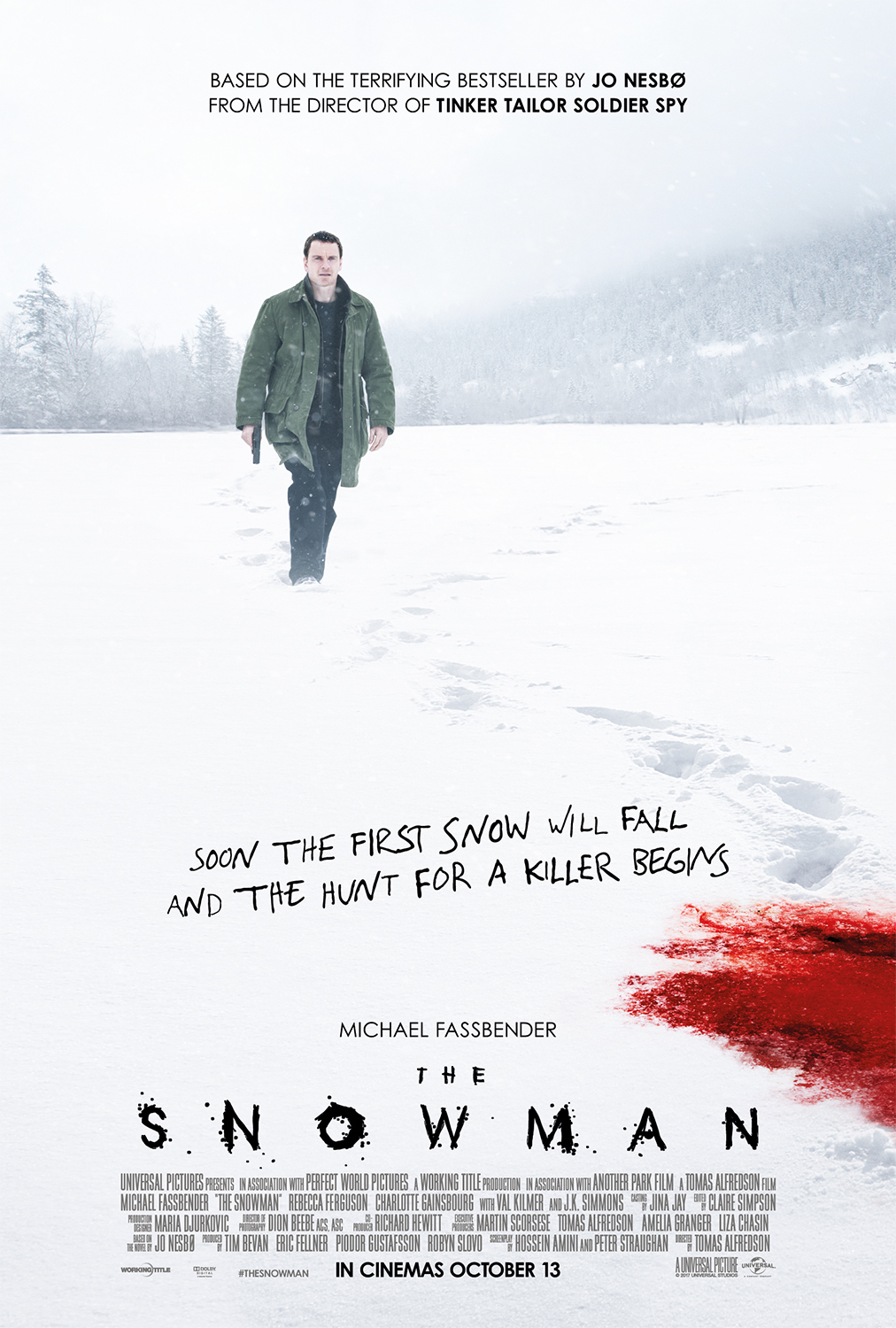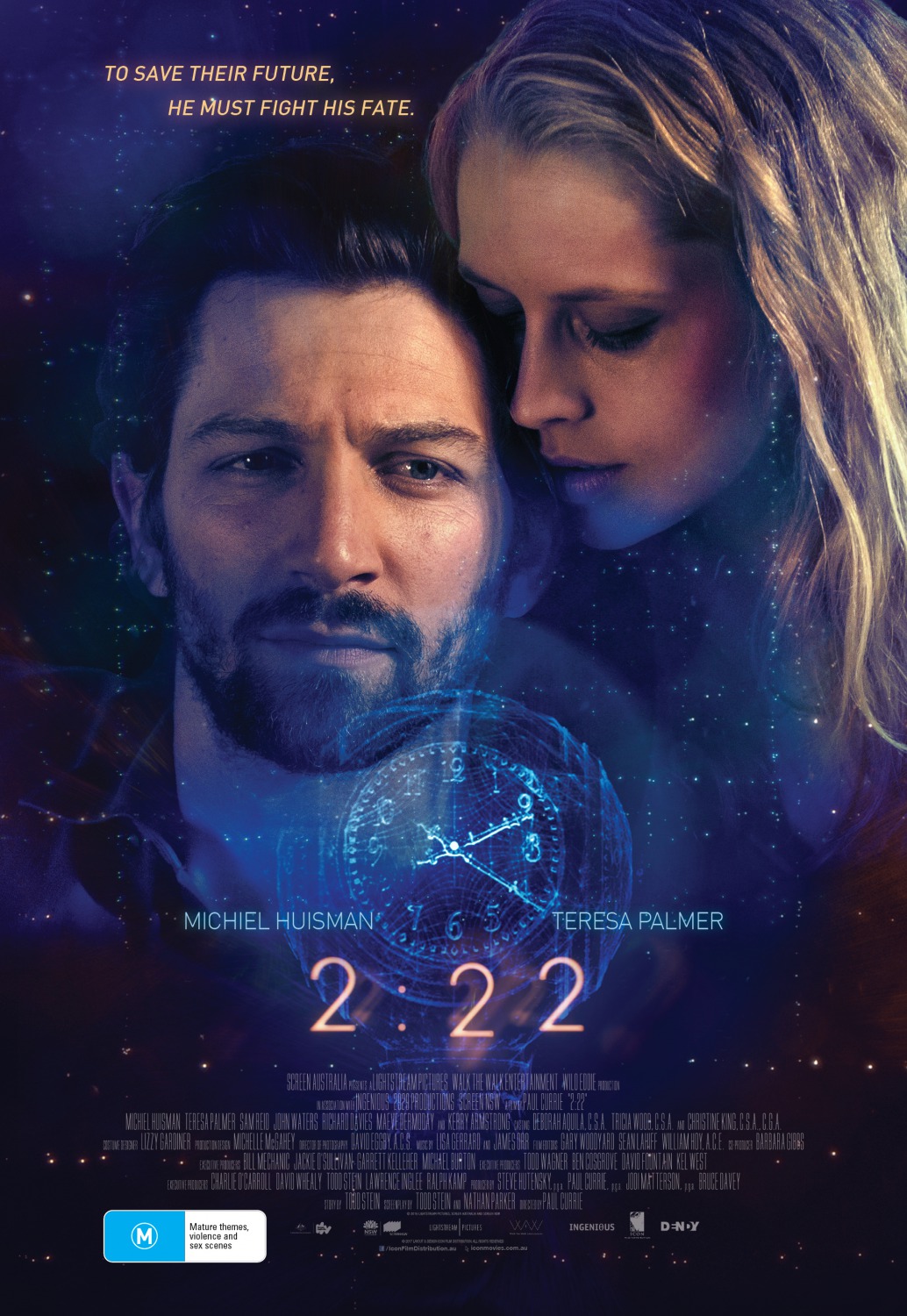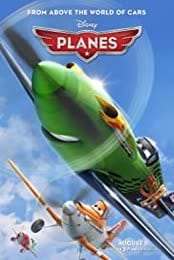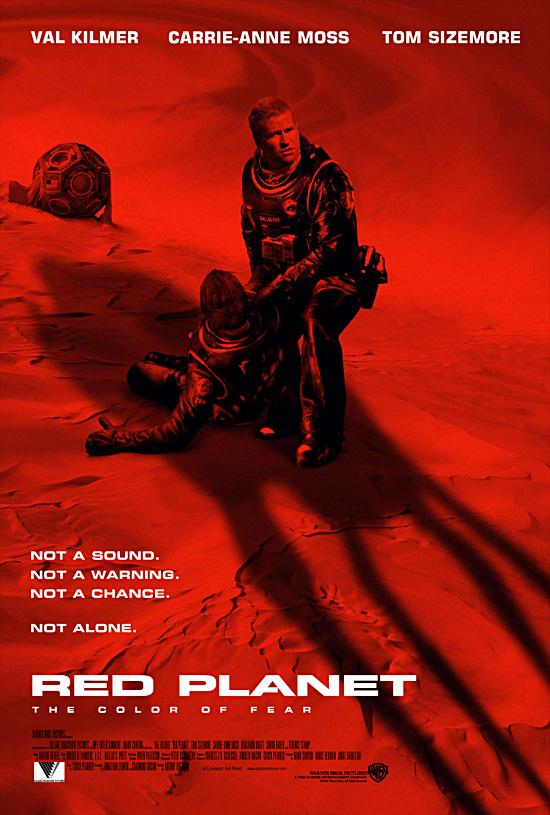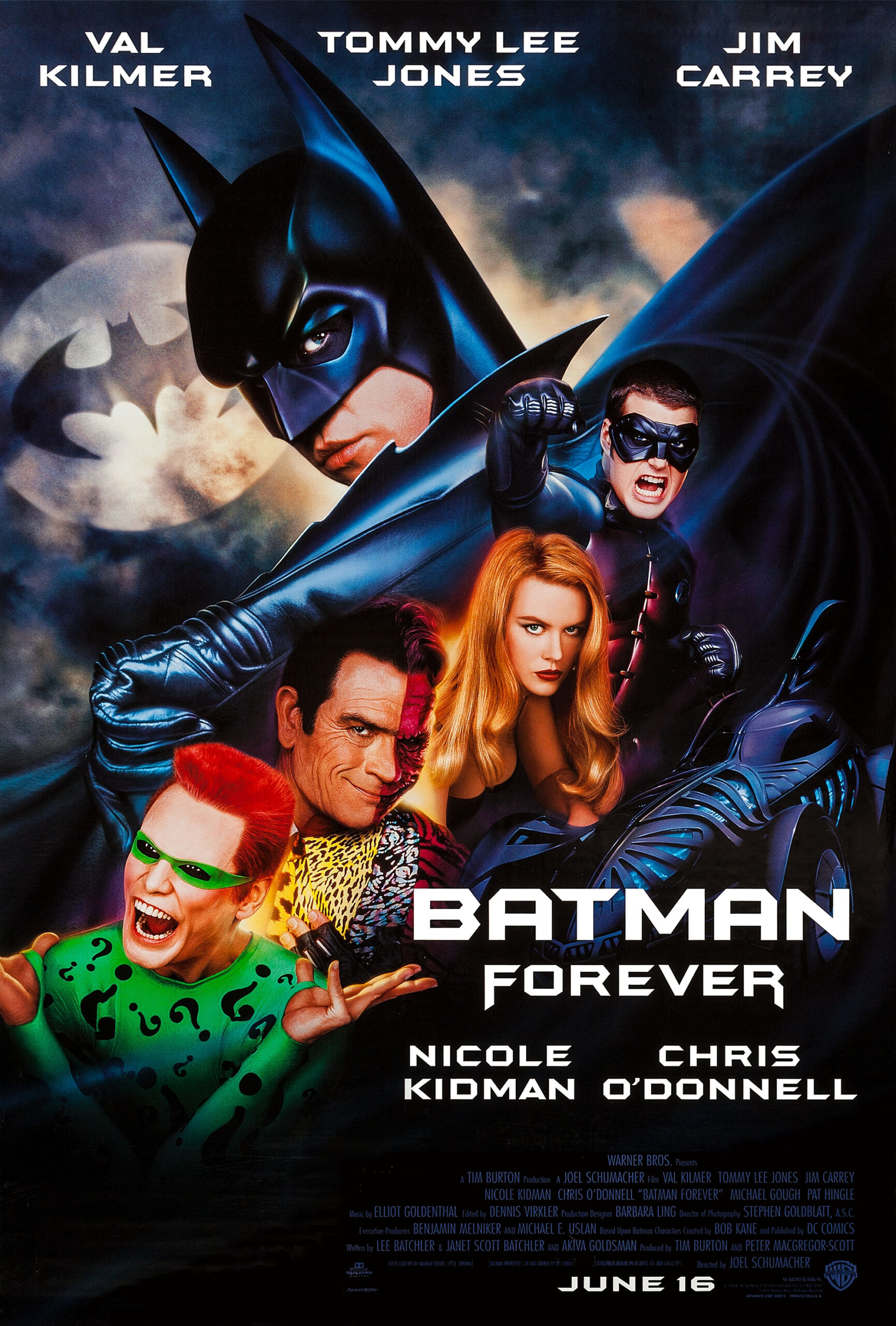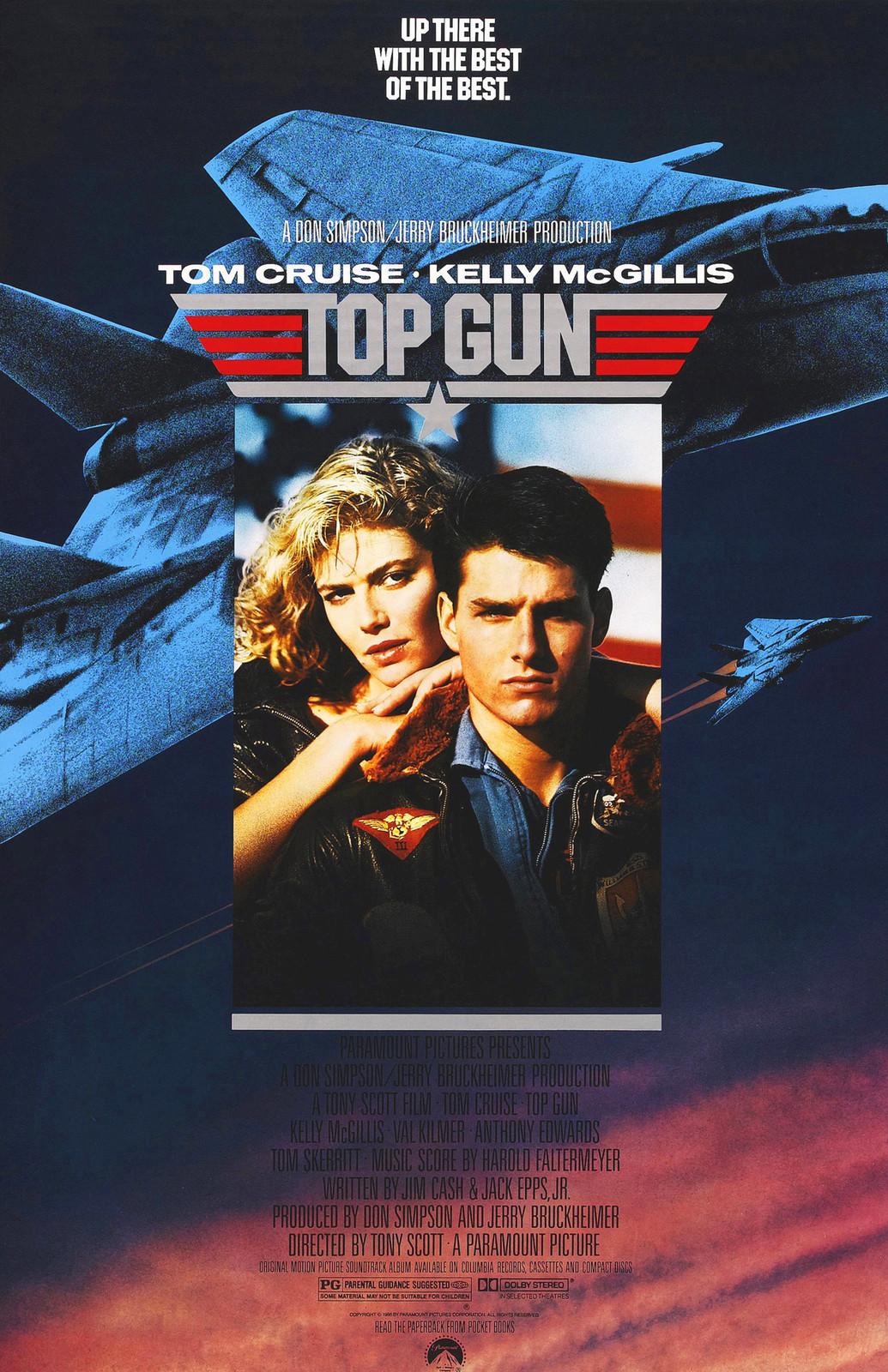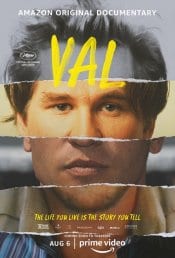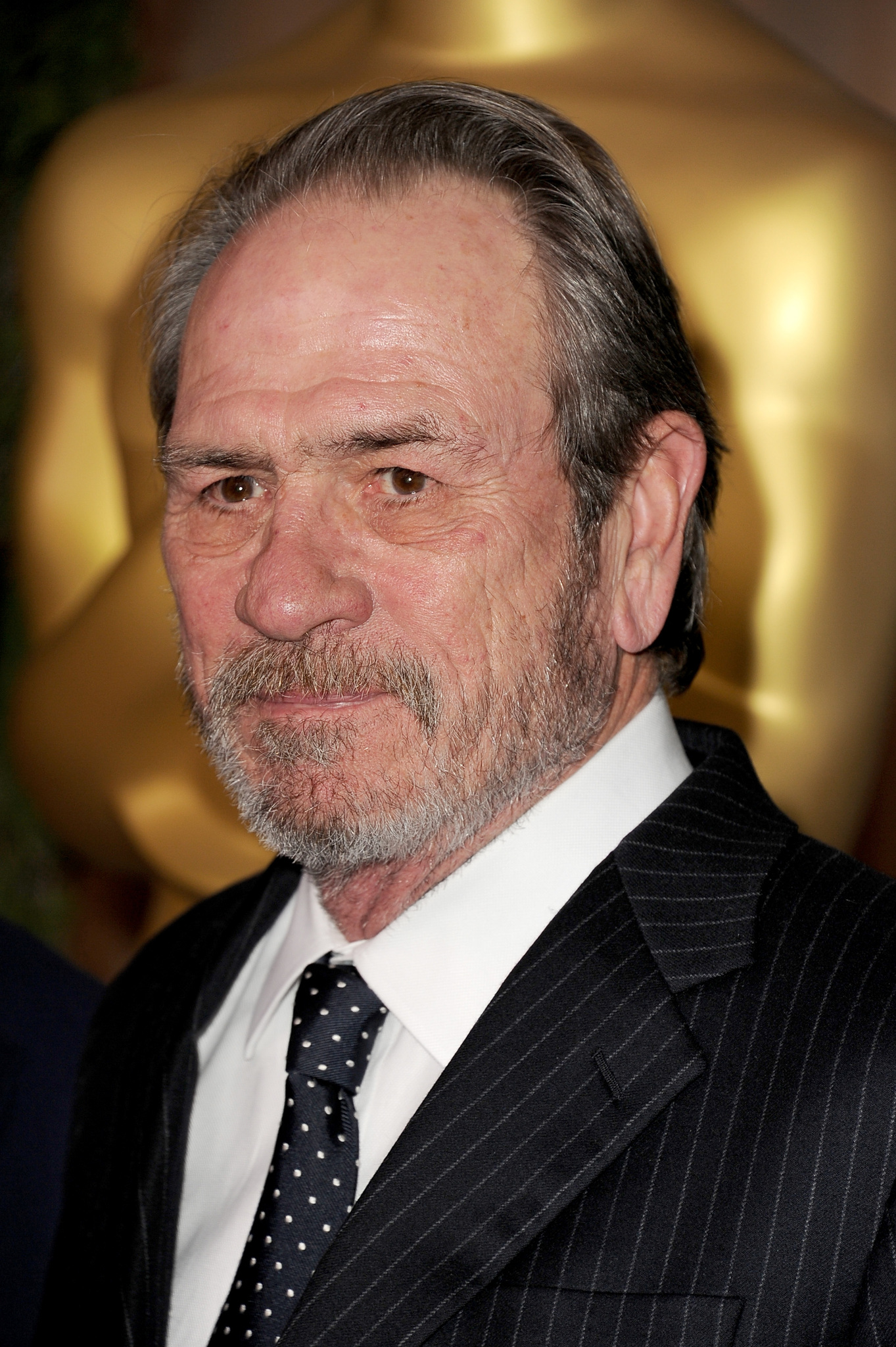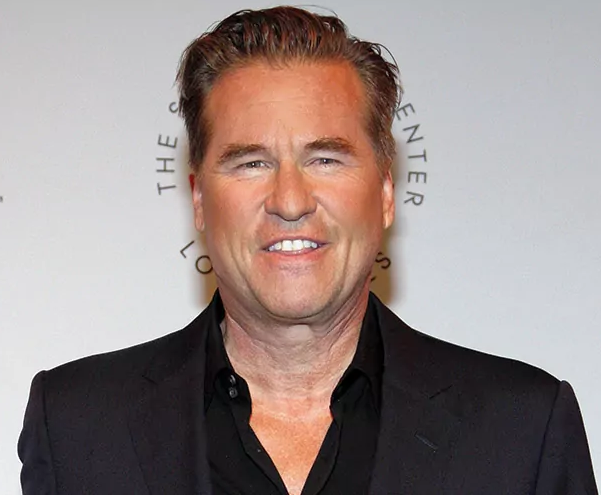
Val Kilmer
Birthdate: Dec 31, 1959
Birthplace: Los Angeles, California, USA
Once pegged as a great hope for young American actors, and even a prodigy (he was at the time the youngest acting student to ever attend Julliard’s theater program), Val Kilmer (birthname: Val Edward Kilmer) has experienced dramatic highs and lows in an adventurous career. His life experiences have been enough to comprise perhaps the most personal, self-revealing, and accomplished documentary on an American actor’s life in recent decades, Val (2021).
Drawn to acting as a serious artist (Kilmer wrote and acted in a play, How It All Began, which transferred from Julliard workshops to the Public Theatre), Kilmer became a major movie star within a few years while retaining fairly radical method approaches, intentionally losing himself in the roles he took on.
After Julliard, Val Kilmer landed roles in comedies Top Secret! (1984) and, as a star, Real Genius (1985), but although he only joined the ensemble of Tony Scott’s Top Gun (1986), with Tom Cruise and Kelly McGillis, because of contractual obligations, his role as Iceman established him as a global star. Kilmer co-starred with future wife Joanne Whalley back to back in Ron Howard’s Willow (1988) and in John Dahl’s very good noir, Kill Me Again (1989).
Kilmer’s profile rose even higher in the early 90s; first as an extremely convincing Jim Morrison in Oliver Stone’s The Doors (1991), then as an FBI agent in Michael Apted’s fine contemporary Western, Thunderheart (1992), with Sam Shepard and Graham Greene; as Doc Holliday in Tombstone (1993) with Kurt Russell and Sam Elliott; and, to huge pre-release publicity, as Bruce Wayne/Batman in Joel Schumacher’s Batman Forever (1995), with Nicole Kidman, Chris O’Donnell, Jim Carrey, and Tommy Lee Jones.
This interesting period for Kilmer also included a striking appearance as Elvis Presley (just two years after his Jim Morrison!) in Tony Scott’s/Quentin Tarantino’s stylish True Romance (1993), with Christian Slater, and another strong supporting turn opposite Robert De Niro and Al Pacino in one of the decade’s key movies, Michael Mann’s Heat (1995).
Things took an unfortunate turn for Val Kilmer after this, with a disastrous collaboration with director John Frankenheimer and Marlon Brando on The Island of Dr. Moreau (1996); the critically lambasted The Ghost and the Darkness (1996) with Michael Douglas; a negligible attempt to revive The Saint (1997) as a hoped-for franchise, and the box-office bomb Red Planet (2000). It was enough to make a serious dent in Hollywood’s perception of Val Kilmer as a box-office name, along with some accounts of his “difficult” relationships with directors and actors: while Michael Mann reportedly loved Kilmer on Heat, John Frankenheimer vowed never to work with him again after Dr. Moreau.
Val Kilmer turned to noir for a modest career revival in the cult hit, The Salton Sea (2002) with Vincent D’Onofrio, and as porn star John Holmes in the effective true-crime Wonderland (2003), plus one of Ron Howard’s best movies, The Missing (2003) with Cate Blanchett, and David Mamet’s thriller, Spartan (2004), with William H. Macy and Kristen Bell. Kilmer reunited with Oliver Stone for one of the director’s uncharacteristic costume dramas, Alexander (2004) with Colin Farrell, and finished his major movie run with Shane Black’s crime drama-comedy, Kiss Kiss Bang Bang (2005) with Robert Downey, Jr.
With just a few exceptions—such as Tony Scott’s terrific Déjà Vu (2006), and Werner Herzog’s vivid Bad Lieutenant: Port of Call New Orleans (2009) with Nicolas Cage—Val Kilmer and his movies after 2005 went generally nowhere commercially or artistically, and many of them went straight to video.
This included work with major directors like Francis Ford Coppola (the ignored Twixt in 2011), Terrence Malick (the endemic Song to Song in 2017), and Tomas Alfredson (the disappointing The Snowman in the same year). Val Kilmer notably continued working recovering from throat cancer from 2015 to 2017 and enduring severe damage to his voice, which was significantly repaired by 2021 due to new AI technology. Certainly, the arrival of the highly original autobiographical Val shifted the popular perception of Kilmer, and his return as Iceman in Top Gun: Maverick (2022) marks his first wide-audience appearance in familiar surroundings in well over a decade.
Val Kilmer Photos and Videos
Personal life
Val Kilmer was born in Los Angeles and grew up in the San Fernando Valley with parents Gladys and Eugene, a real estate developer who also worked in the aerospace industry, and brothers Mark and Wesley. His relatives include poet-writer Joyce Kilmer. His parents divorced when Kilmer was 8. The family experienced tragedy when Wesley drowned in their backyard pool as a teenager.
Kilmer had early ambitions to become a serious actor, and after graduating from Chatsworth High School trained as a teenager at Hollywood’s Professional School, and then for four years in Julliard’s theater studies (at the time, the youngest ever accepted), where he acted and wrote plays. His 1988 marriage to actor Joanne Whalley ended in divorce in 1996; the couple had two children, actors Jack and Mercedes. His height is 5’ 11¾”.
Known For
Val Kilmer Movies
actor
Previous (78)
cinematographer
Previous (1)
Facts About Val Kilmer
High School Pals: At Chatsworth High, Val Kilmer was classmates with future actors Kevin Spacey and Mare Winningham, his first serious girlfriend.
Faith and Medicine: Kilmer is a devout follower of the Christian Science church, which adheres to metaphysical healing eschewing medical procedures. He claims that his faith cured him of throat cancer, but he did do surgery and chemo treatment. He then denied that he ever had cancer.
Directors Clashes and Crushes: Val Kilmer has had numerous clashes with some directors, including Joel Schumacher (Batman Forever), John Frankenheimer (The Island of Dr. Moreau), and Russell Mulcahy (The Real McCoy (1993)), but had durable relationships with the late Tony Scott, on Top Gun, True Romance, and Déjà Vu, and with Ron Howard, who hired Kilmer on a moment’s notice for a long scene in The Missing (2003).
Dragooned into Service: Kilmer rejected the offer for his role in Top Gun but his contractual obligations forced him to take the part, which he revives in Top Gun: Maverick.
High-Tech Voice: Using the latest AI technology to recreate his voice, Val Kilmer was able to recover his voice in 2021 after cancer surgery on his trachea severely limited his ability to talk.
Awards Free: Kilmer surprisingly has no major acting awards or nominations. His only significant award is a Grammy for Best Spoken Word Album, for The Mark of Zorro.
People Also Searched For


